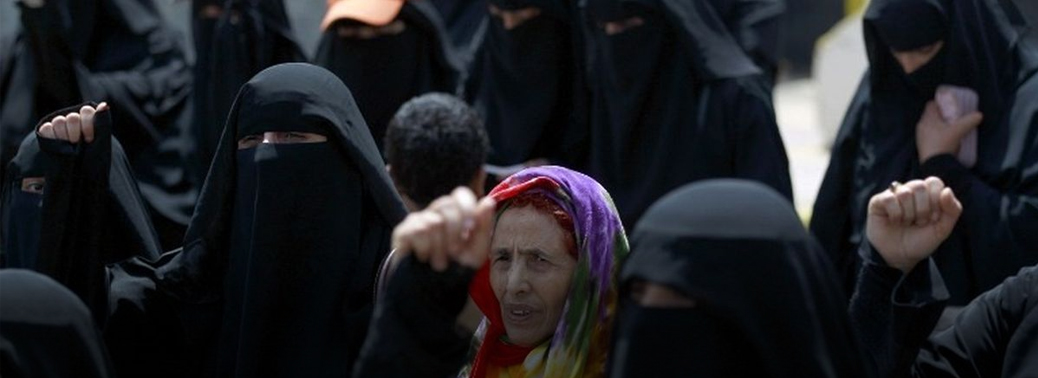MUSLIM WOMEN (PROTECTION OF RIGHTS OF MARRIAGE) ORDINANCE 2018
22, Sep 2018

Prelims level :
Mains level : Paper – II Law & Institution constituted for the protection and betterment of these vulnerable sections
- Ordinance to criminalise the practise of “triple talaq”- Muslim Women (Protection of Rights on Marriage) Ordinance 2018- has been promulgated by the President of India.
- The Union Cabinet on Wednesday passed the Ordinance to amend provisions of the Triple Talaq Bill. President Ram Nath Kovind signed the Ordinance later the same day.
Background:
- The ordinance move comes after the Triple Talaq bill (‘Muslim Women Protection of Rights on Marriage Bill) got blocked in the Rajya Sabha in the last monsoon session, though the Lok Sabha had cleared it in December 2017.
- There was an “overpowering urgency” to bring the measure as even though the Muslim Women (Protection of Rights on Marriage) Bill, 2017 is pending in the Rajya Sabha and despite the Supreme Court has observed that the practice of Triple Talaq is unconstitutional, the practice still carries on. Since January 2017 till the current month,
- 430 triple talaq cases have been reported, 229 before the Supreme Court verdict and 201 after that.
Ordinance Vs Bill
The government has made three crucial amendments in the original bill
- The offence will be cognisable only when a complaint is filed by the wife, a relative by blood or by marriage.
- It was compoundable at the instance of wife on appropriate terms and conditions.
- Magistrate will have powers to give bail after hearing the wife because this was a private dispute between husband and wife.
Provisions:
- The Ordinance is applicable to the whole of India but it is not extended to the State of Jammu and Kashmir
- “Talaq” for the purposes of the Ordinance means as “talaq-e-biddat or any other similar form of talaq having the effect of instantaneous and irrevocable divorce pronounced by a Muslim husband “
- According to the Ordinance, any pronouncement of ‘talaq’ by a Muslim husband to his wife in any manner, spoken or written, shall be void and illegal.
- Any Muslim husband who communicates the ‘talaq’ orally or in writing may face a punishment up to three years in jail. The punishment may be also extended.
- The offence will be cognizable only if the complaint is lodged by the victim wife or her close blood relatives. Also, the offence will be compoundable at the instance of the wife on such terms and conditions as deemed fit by the Magistrate. The offence is also bailable, and Magistrate can grant bail, but only after hearing the wife.
- The Ordinance also states that despite the presence of general laws in force, if a Muslim man pronounces ‘talaq’ to his wife, then the woman and her children are entitled to receive an allowance for subsistence. Such amount can be determined by a Judicial Magistrate of the First Class.
- The Ordinance also states that a Muslim woman is entitled to the custody of her minor children even if her husband has pronounced ‘talaq’ to her.
- The offence is pronouncing talaq is cognizable if the Muslim woman on whom it is pronounced, communicates the information to a police officer.
- The offence is also compoundable, if the Muslim woman insists for the same and the Magistrates allows certain terms and conditions which he may determine.
- A person accused of this offence cannot be granted bail unless an application is filed by the accused after a hearing in the presence of the Muslim woman (on whom talaq is pronounced) is conducted and the Magistrate is satisfied about the reasonable grounds for granting bail.
Merit:
- The proposed law was about “gender justice and gender equity” among Muslim women, Muslim women empowerment would strengthen the social fabric and pave way for development of familial relations.
- The fact that triple talaq has either been banned or has been regulated in 22 Islamic countries. So, the proposed ordinance ins in aligned with global best practise.
- The practice was against Article 14 of the Constitution, which guarantees the right to equality, the Supreme Court has ruled. The chauvinistic and paternalistic practice of husband, as declared by the Supreme court, shall ultra vires not only infringe the right to equality (Article 14) but also is gender discriminatory.






